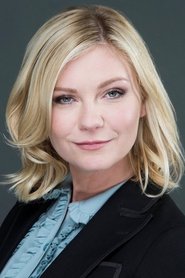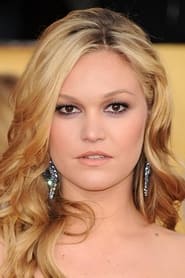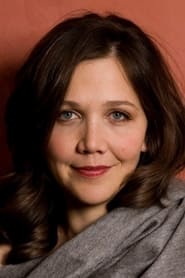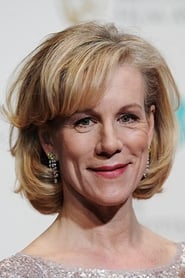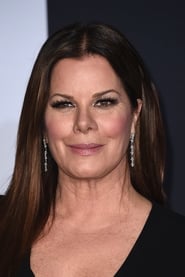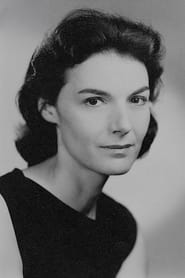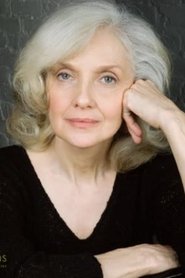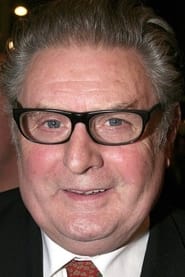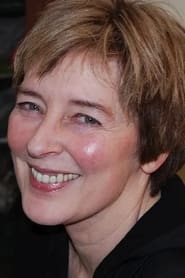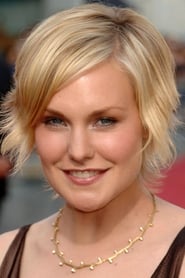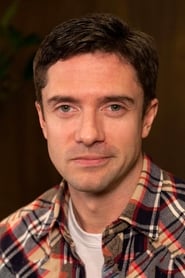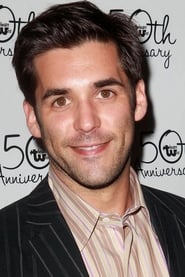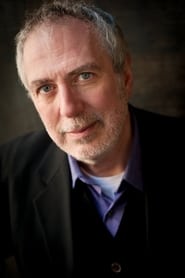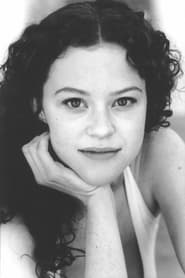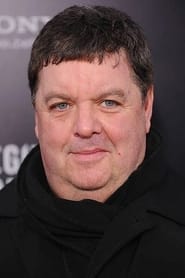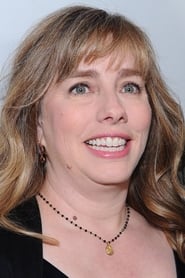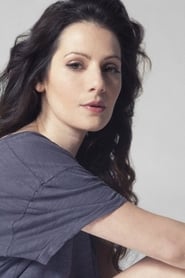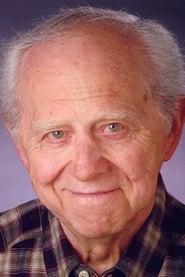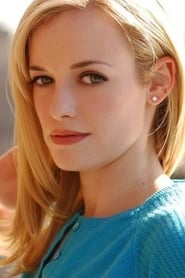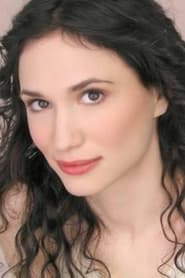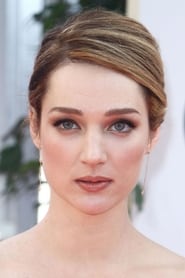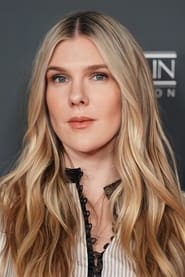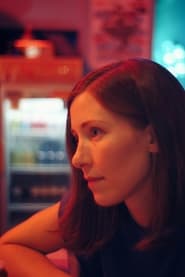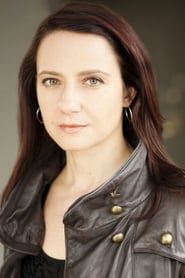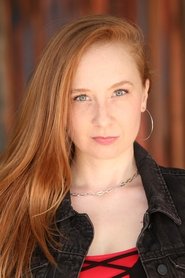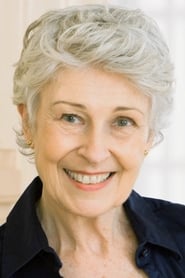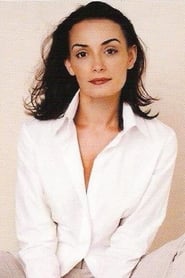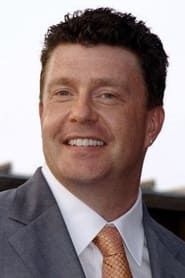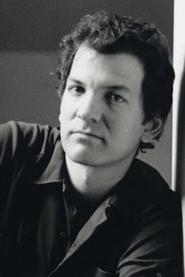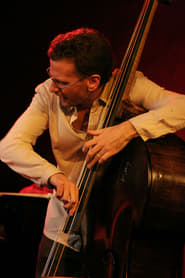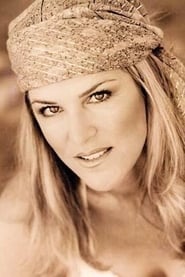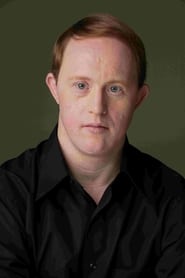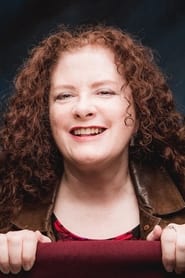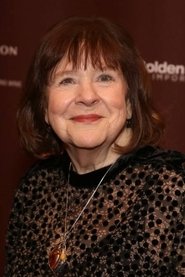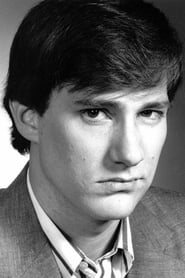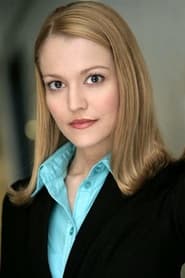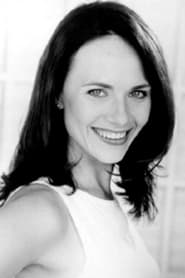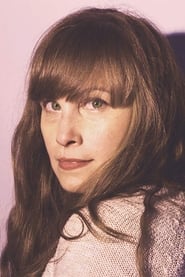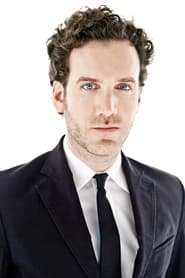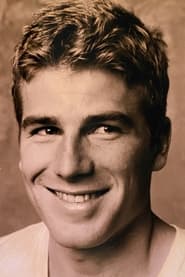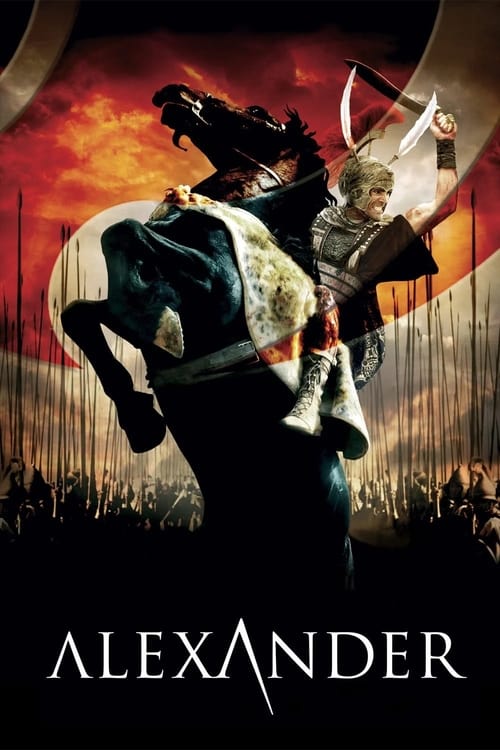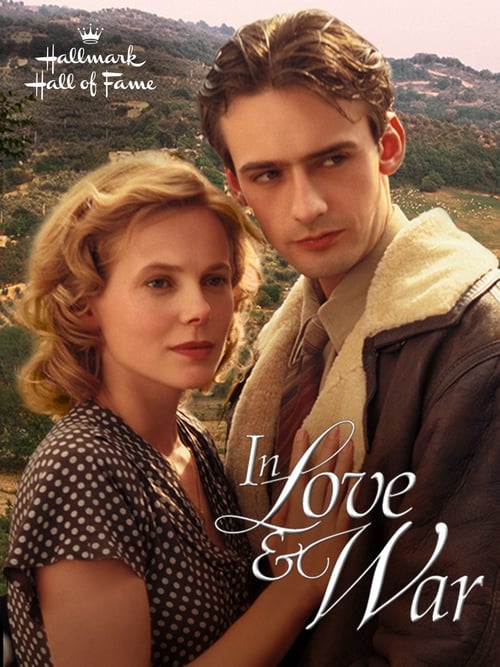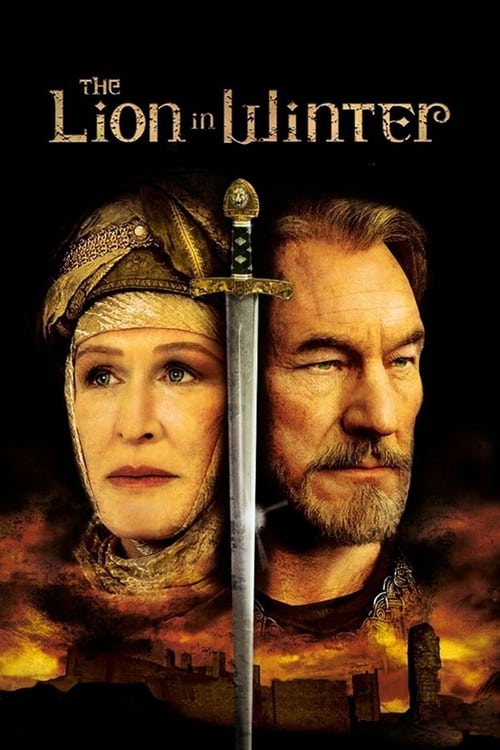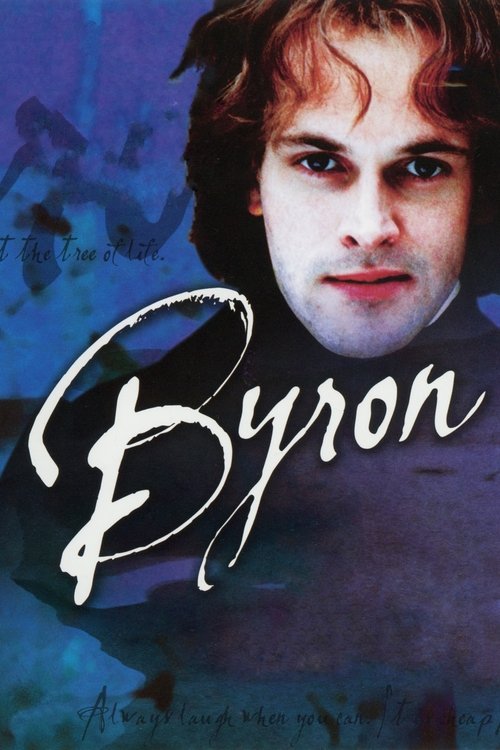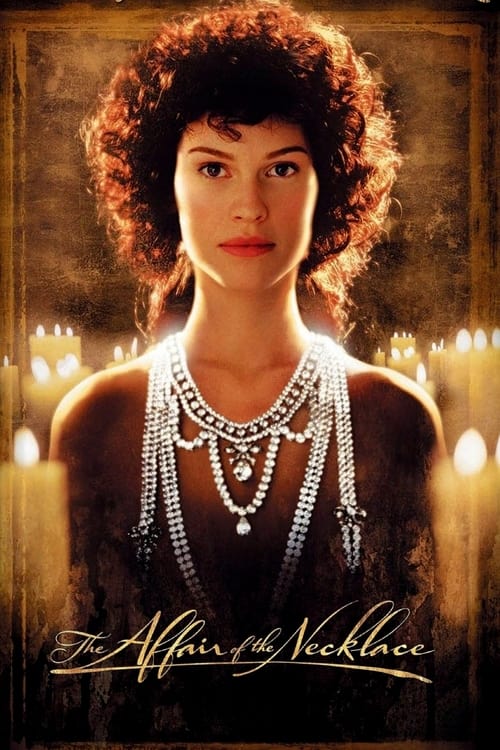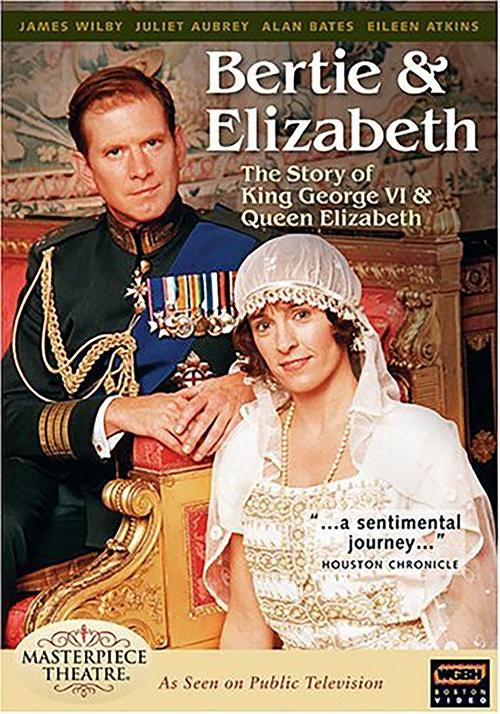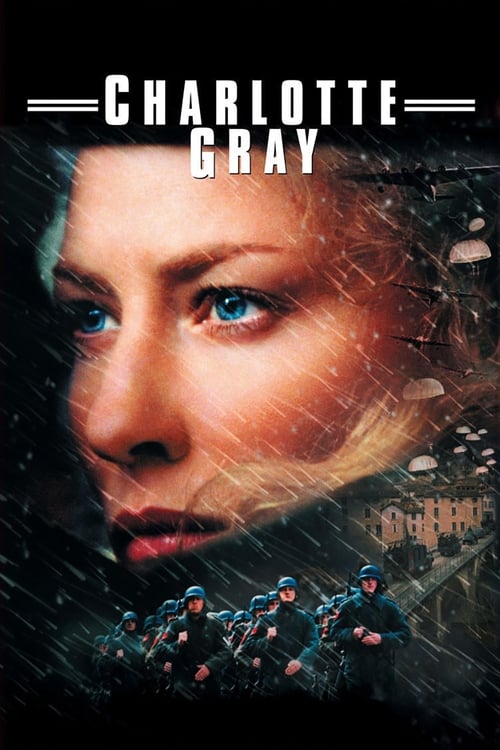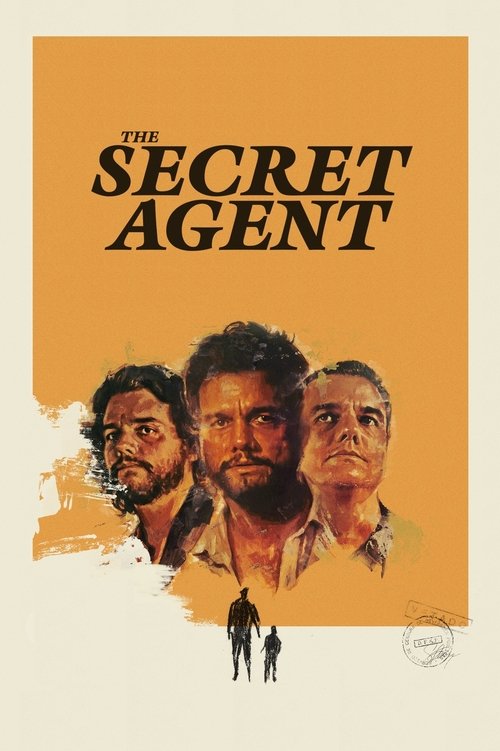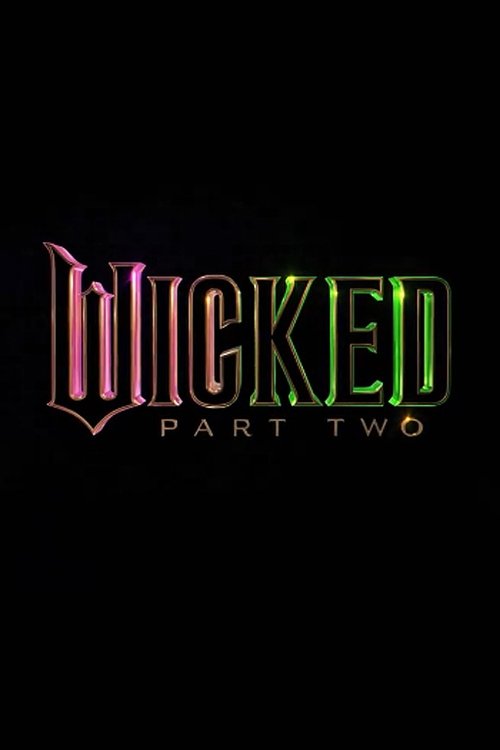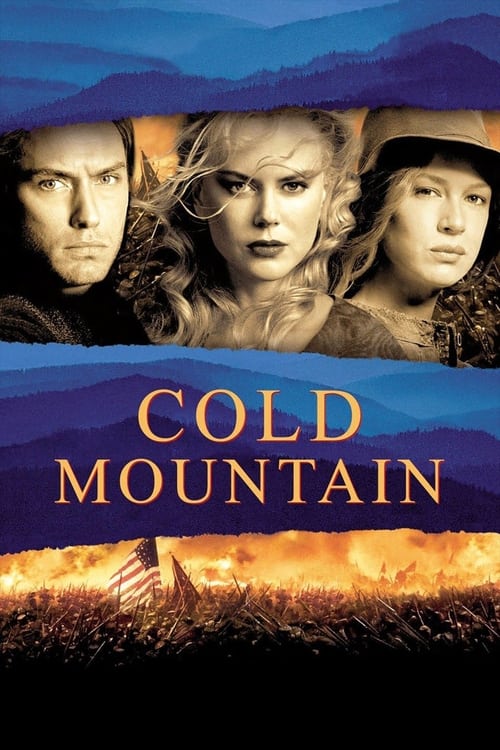
Ask Your Own Question
What is the plot?
What is the ending?
Is there a post-credit scene?
What challenges does Katherine Watson face as a new art history professor at Wellesley College?
Katherine Watson, played by Julia Roberts, faces significant challenges as she begins her role as an art history professor at Wellesley College in the 1950s. She encounters resistance from both the conservative faculty and the students, who are accustomed to a traditional education that emphasizes preparing them for marriage rather than intellectual growth. Katherine's progressive teaching methods and her desire to encourage critical thinking clash with the school's expectations, leading to tension and conflict.
How does Katherine's relationship with her students evolve throughout the film?
Katherine's relationship with her students evolves from initial skepticism to a deeper connection as she challenges them to think independently. Initially, students like Betty Warren, played by Kirsten Dunst, are resistant to Katherine's ideas, viewing her as an outsider. However, as Katherine encourages them to pursue their passions and question societal norms, students begin to open up. Betty, in particular, transforms from a staunch defender of traditional values to someone who grapples with her own choices, ultimately becoming more receptive to Katherine's influence.
What impact does Katherine have on Betty Warren's views on marriage and career?
Katherine has a profound impact on Betty Warren's views regarding marriage and career. Initially, Betty is focused on securing a good marriage, believing it to be the ultimate goal for women. However, through Katherine's teachings and encouragement, Betty begins to question this mindset. She starts to see the value in pursuing her own ambitions and education, leading to a pivotal moment where she confronts her own desires versus societal expectations, ultimately choosing to prioritize her own identity over traditional roles.
What role does the character of Joan play in the story, and how does her decision affect her future?
Joan, portrayed by Julia Stiles, plays a crucial role in the narrative as she represents the internal conflict many women face between personal ambition and societal expectations. Initially, Joan is a bright student who aspires to attend law school, but she feels pressured to conform to the traditional path of marriage. Her decision to marry instead of pursuing her education is a significant turning point in the film, highlighting the sacrifices women often made during that era. This choice ultimately leads to feelings of regret and a sense of lost potential, showcasing the film's exploration of women's roles.
How does Katherine's personal life influence her teaching style and philosophy?
Katherine's personal life significantly influences her teaching style and philosophy. As a woman who has chosen to remain single and pursue her career, she embodies the very ideals of independence and self-fulfillment that she advocates for her students. Her own experiences, including her struggles with societal expectations and her desire for a meaningful life, drive her to challenge the status quo at Wellesley. Katherine's passion for art and her belief in the importance of self-expression resonate deeply with her students, motivating her to inspire them to think critically about their futures.




